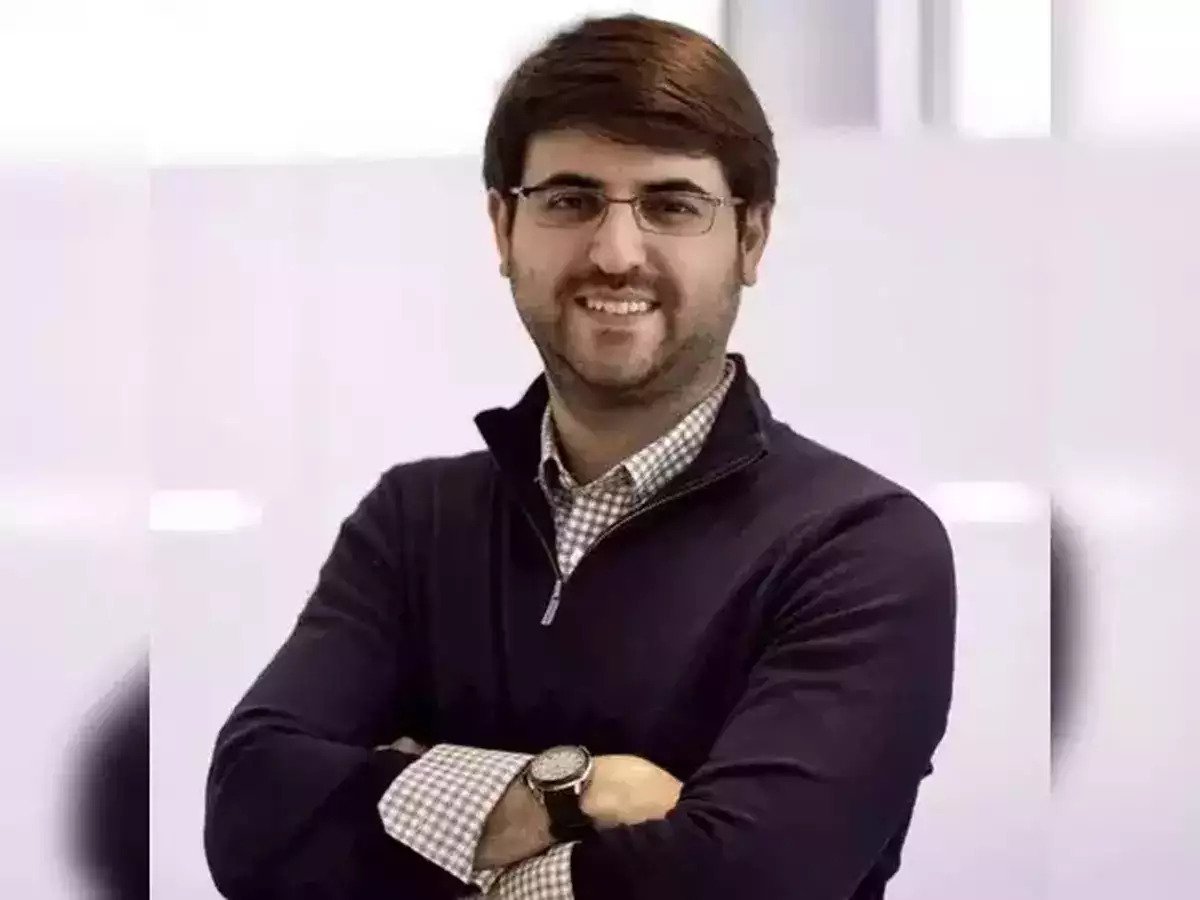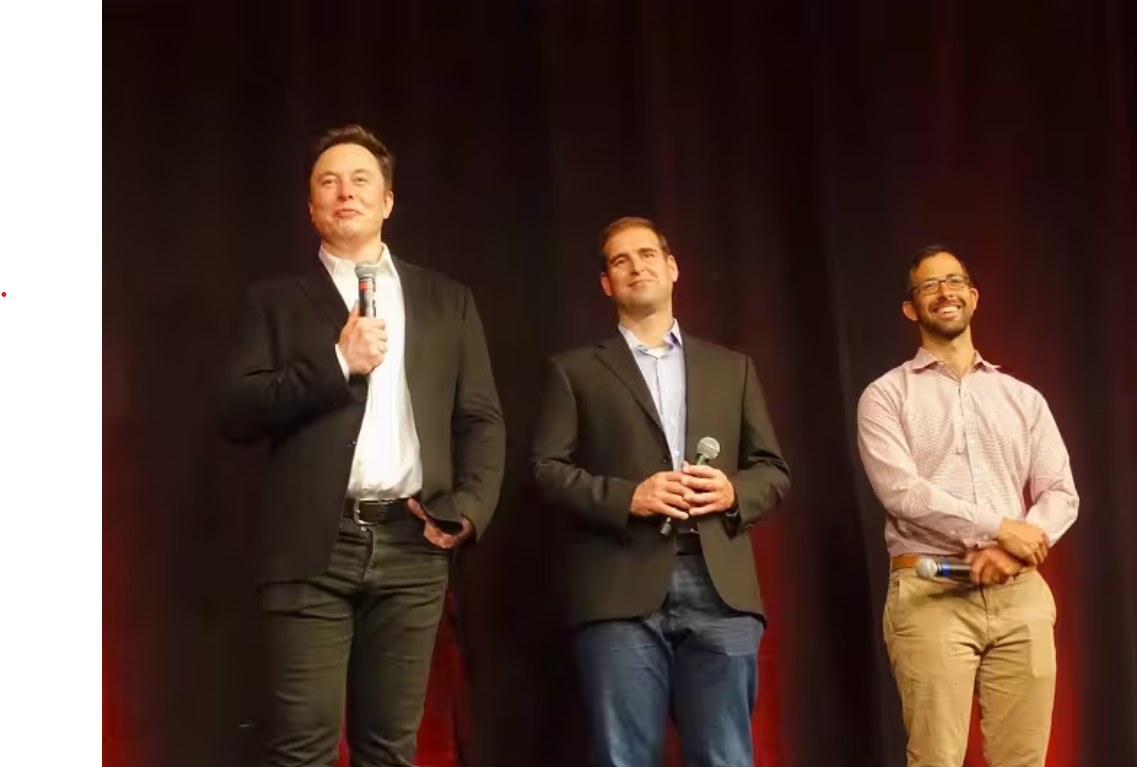(August 12, 2023) Over a month after Tesla chief executive Elon Musk expressed interest in investing in India, and bringing the electric carmaker to India “as humanly soon as possible”, the company has appointed Vaibhav Taneja as the new Chief Financial Officer (CFO) in addition to his role as the current Chief Accounting Officer (CAO). The 45-year-old is taking over from predecessor Zachary Kirkhorn, who held the position for 13 years.
In a heartfelt LinkedIn post, Kirkhorn announced, “Today, Tesla announced my departure from the position of Chief Financial Officer. I am succeeded by Vaibhav Taneja, our esteemed Chief Accounting Officer. Being a part of this remarkable company has been a privilege, and I take immense pride in our collective achievements throughout my 13-year tenure.”

Vaibhav Taneja
A chartered accountant, Vaibhav joined Tesla in 2017 after Musk’s company acquired US-based solar panel developer Solar City, where he served as Vice President, Corporate Controller. Much before his professional stint, he ended up spending his days in the late 1990s in the compounds of Delhi University where he pursued a Bachelor of Commerce. Interested in finance and numbers, he cleared his CA in 2000, and soon joined Pricewaterhouse Coopers as an assistant manager where his role required him to manage audits and provide clients with consultation and advisory services. It was in 2003 that he switched to the PWC office in the US, and in total, ended up spending 17 years at PwC, which was also Tesla’s longtime accounting firm.
“Right from the time he joined PwC, there was a sense of purpose in him,” Deepak Kapoor, former chairman of PwC India, told Forbes India. It was Kapoor who hired Taneja in 1999 and remembers him as someone who “sticks out in your memory” as he was always among the top performers in the company. Those 17 years helped PwC, he not only brought a sense of purpose to the table but also excellent people skills which helped him climb up the ladder. Kapoor describes Taneja as “very social and excellent accountant,” adding that “his standards are very high.”
It’s these very skills, ethics, and standards that he brought to Tesla as he became its corporate controller in 2018 and was named chief accounting officer in March 2019. If reports are to be believed, Taneja’s net worth is estimated at $52.1 million.

Elon Musk with Vaibhav Taneja
Taneja is not only known for his financial expertise but also for his wider influence. He was chosen to be a director at Tesla’s Indian branch, Tesla India Motors, and Energy Private Limited. This shows how important he is in guiding the company’s plans in India.
Taneja’s appointment as CFO comes at a time when Elon Musk is planning to ramp up manufacturing and has plans of investing in India shortly. This June when he met PM Modi in New York during his US state visit, Elon expressed interest in exploring the Indian market for EVs. Calling himself a “big fan” of PM Modi, he said, “India has more promise than any large country in the world. He [PM Modi] really cares about India because he’s pushing us to make significant investments in India, which is something we intend to do. We are just trying to figure out the right timing.”
With the Indian EV market expected to grow by $113.99 by 2029, Elon Musk is looking at the hotspot that India has become in recent times. In the global electrification journey, Tesla, which is facing stiff competition from EV players like Mercedes, BMW, and Volkswagen, wants to draw more potential buyers. And now with Tesla’s plan of expansion, it seems Taneja will have his hands full.

Picking Taneja as the CFO of Tesla shows that the company values both financial skills and diversity. His background in both India and the United States represents Tesla’s worldwide reach. Taneja’s mix of strong education, practical experience, and strong dedication makes him a key person in Tesla’s journey of creating new and sustainable ideas.
- Follow Vaibhav Taneja on LinkedIn




